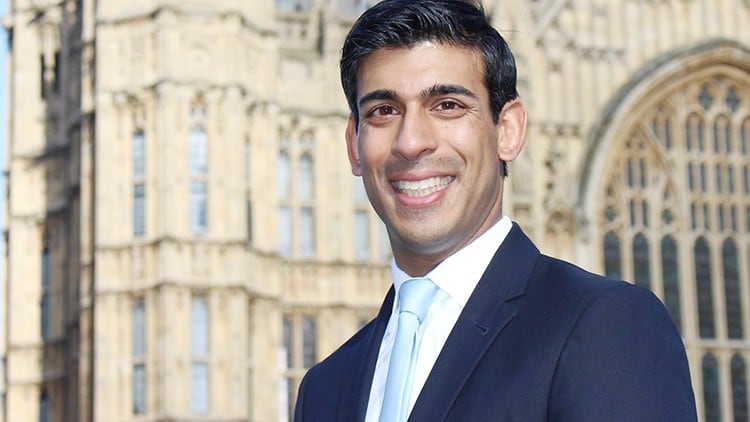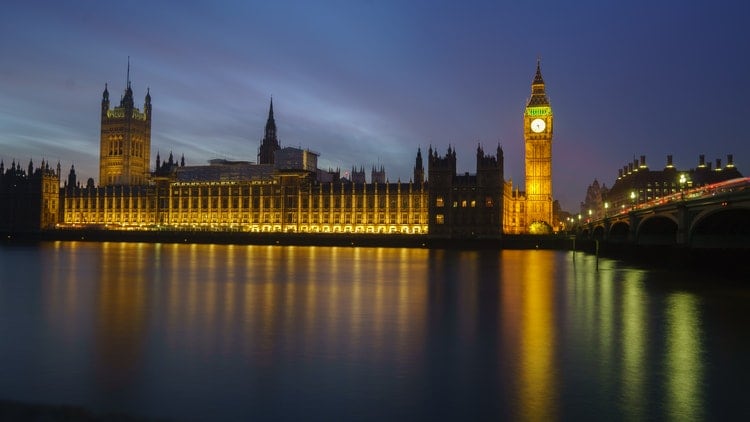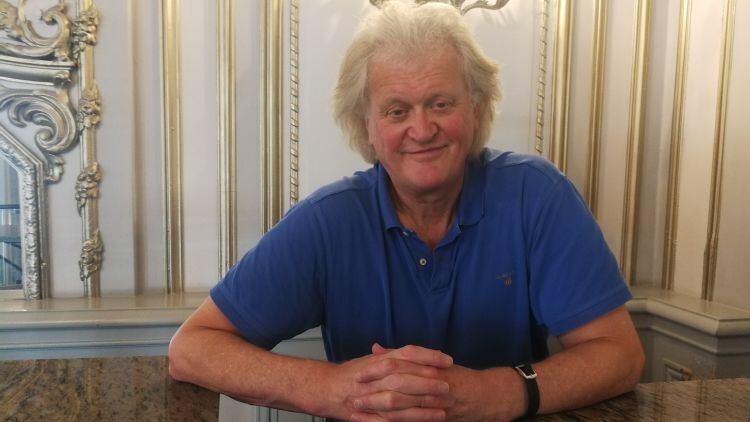The NHS Test & Trace contact tracing scheme should review its work with the hospitality sector moving forward, MPs concluded last week.
The public accounts committee examined the cost-effectiveness of the £22bn Test and Trace scheme and concluded there was “no clear impact”.
MPs suggested the scheme should "review how it engages with and draws expertise from the wider public health establishment and other sectors that are especially dependent on its work".
"This should include, but is not limited to, local government, the schools sector and the hospitality industry," the report stated.
Pubs are legally required to take customer contact details and should display a QR sign-in code for the NHS coronavirus app.
However, businesses were often told or left to contact at-risk individuals themselves, risking data protection breaches, Sky News reported earlier this month.
Operators told The Morning Advertiser (MA) they were irked officials had not used the data gathered at their venues and left them in the dark about individuals with the virus who had visited their premises.
Very disappointing
UKHospitality CEO Kate Nicholls said it had been “very disappointing” to learn that much of the data collected by businesses was not even used.
“If there has been a failing of the Test & Trace scheme, the fault certainly does not lie with hospitality businesses that worked very hard in already burdensome circumstances to ensure the relevant data was collected," she said.
“Businesses can play a role in an effective test and trace scheme, but they then deserve for that data to be properly used.”
Pubs and restaurants had proven to be reliable and supported the scheme with further safety measures, Nicholls added.
The Department of Health and Social Care (DHSC) told The MA that 272 venues were identified as ‘at risk’ through the scheme and its app.
“Alerts were sent to users who had checked into those business, meaning they were protected by informing them as quickly as possible they may be at risk,” a spokesperson said.
However, DHSC would not clarify to The MA if there was a criteria for what was defined as an ‘at risk’ venue or provide any more details.
Many operators have never heard from contact-tracers.
Operator John Ellis of the Crown Inn, Oakengates, believes this can only be a good thing.
Did everything right
“We did everything we were asked, keeping people away from the bar, providing sanitiser and QR codes, allocating all seats and keeping a full record system of all visitors,” he explained.
“If we haven't been asked for details, I take that as a positive result that people have been sensible and our team did everything right. All the precautions might have been a bit of a faff, but it's worth it all if there were no problems.”
Other operators were more skeptical and said they wanted to be informed by public health officials when infected individuals had visited their sites.
One operator from Pakefield, Suffolk, was contacted by a friend in self-isolation who had visited the site, but never heard from contact-tracers.
Although he felt it was unlikely the customer caught the virus at his pub, he was surprised when the contact-tracing scheme never got in touch.
“I just thought the idea was to let everyone know that he was there on that day, so they could check themselves as well as my staff."
“I don't know any landlord in my part of Suffolk who had a call," the licensee said. "It's as if anyone infected, never went to a pub.”
Individuals are instructed to self-isolate if they test positive or if they live with or have spent 15 minutes of close contact with a person confirmed or suspected to have the virus (e.g. symptoms).
Using Bluetooth technology, the app will tell users if they have been in close proximity with someone who has registered a positive test result with the app.
Level playing field
Unions have raised concerns that there is not enough financial support for those in low-paid jobs who are told to self-isolate.
British Institute of Innkeeping CEO Steve Alton said the pub sector had fully supported the app since its September launch.
He added: “Through this mechanism, they also showed without doubt how safely they operated their Covid-secure venues, proven by the Public Health England reports that showed that there were no discernible rates of infection attributable to our sector.”
The institute hopes pubs will be given “a level playing field” with environments like retail, which have not been required to take contact-details.
Alton said: “As part of allowing our pubs to return to free and full trading, our members’ expectation is that come 21 June, when restrictions are lifted, the collection of customer data will no longer be a requirement.”




